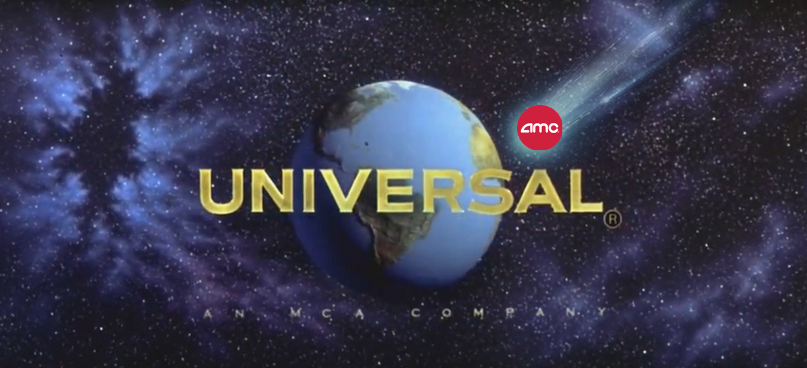
By Andrew Jenck
It’s been awhile since I’ve written a piece, hasn’t it? When AMC, the largest theater chain in the U.S. announced a boycott of Universal Studios’ productions with their announcement that they would continue to release movies to video on demand (VOD) after the coronavirus pandemic, I knew I wanted to write an editorial about and discuss what impact this could have on the film industry, at first. Then I saw the rest of the internet making their own interpretations, including how it was a “death blow to movie theaters*,” “the death of cinema,” and the end of theater chains as we know it. Other, personal issues also got in the way, but it was the constant hyperbole that made me less-motivated to tackle the subject. So for today, I’ll discuss more how the coverage surrounding this topic and what we can learn about the current state of film journalism.
Online journalists and YouTubers overreacting and predicting worse case scenarios are nothing new, having been a constant since fanboys complained about Clooney’s bat-nipples the late 90s. Click-bait, is and always will be, a useful way to grab attention, resembling tabloid magazines, with eye-catching titles to turn heads. Of course you have to draw attention to get an audience to be successful, I do that myself, but when you become so desperate with titles such as “Star Wars may Never Recover from the Damage done by Rise of Skywalker,” the article loses any credibility and integrity. The YouTube algorithm is especially guilty in this case: you click on one Captain Marvel review and then you’re redirected to a two hour long fanboy rant disguised as a video essay.
All of these websites frame themselves as news for the consumer, but because most moviegoers are casual and are generally uninterested in movie business decisions, their real audience are film buffs, like me. You probably didn’t know about the Universal and AMC standoff until you read this article. As a “cinephile” I was immediately drawn to the news of the stalemate and read many articles to prepare myself for a complete analysis. However, as previously mentioned, so many articles were claiming doom and gloom for theaters; not all of them, mind you, but a large portion. Everyone brings up the same arguments, same analysis, and same predictions; people always like to be a part of a group on the internet.
Yet even with the more reasonable and well-researched articles, few ever brought up how the biggest advantage of the big-screen is well, having a really big screen. You can stay home watching Netflix without an obnoxious audience, but many people still are willing to go to theaters for the best viewing experience. There’s a reason why most of the highest grossing films of each year are family-friendly: they’re fun experiences that make you feel you’re part of an event. Many have compared blockbusters to theme park attractions whether it be offering thrilling action, serving concessions, or 3D visuals. Everything is increasingly becoming more accessible from home, but few want to be cooped up all the time and never leave the house, as this pandemic has clearly demonstrated. Many journalists, however, either don’t think like that or don’t want you to think that; they want clicks and to get the attention of “Film Twitter” with an overly negative headline. Seeing such poor journalism discouraged me from writing about the topic and caused me to rethink my approach.
After stepping back, I’m willing to share my thoughts on the issue: Universal and AMC have too much at stake to be in this stalemate, so they will compromise. Universal isn’t going to release its big budget blockbusters straight to VOD and will need as many theaters as possible. However, other theater chains will still show Universal films not on VOD, giving AMC’s competitors an advantage. Having movies exclusively shown in theaters for two weeks or so and then come to VOD is a potential outcome. Maybe I’m wrong, but hey it sounds reasonable enough.


